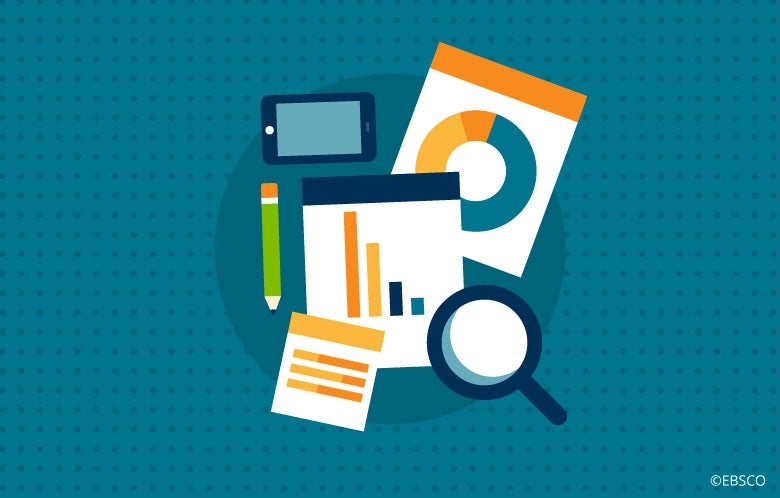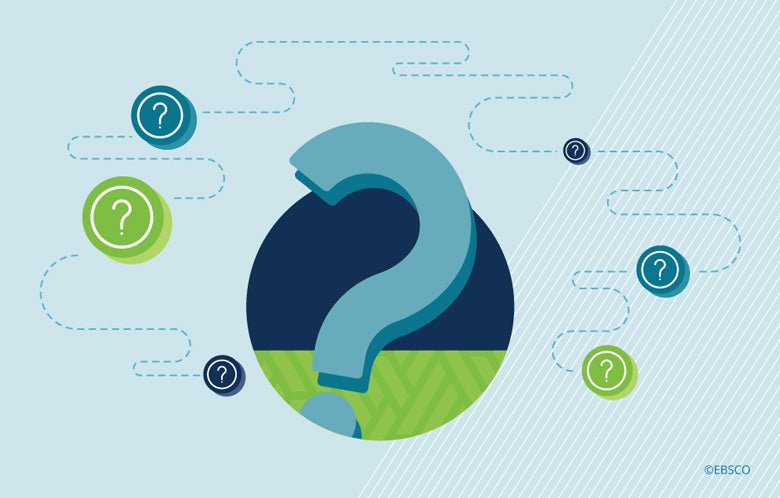The COVID-19 pandemic has revealed that it is critical for libraries and research institutions to have responsive vendors and service providers in place who offer flexible tools and processes during an unplanned crisis. It is imperative for vendors to be financially stable, safe, reliable and able to assess market conditions and adapt operations quickly to support subscription management needs. In addition, vendors and subscription agents are entrusted with your institution’s financial resources and should have the financial resources to reinvest in technology to continuously improve services for customers and publisher partners.
A company’s financial stability is an important consideration when making a vendor decision about acquiring and managing your e-journal subscriptions. To properly assess potential financial risk to an institution, librarians and procurement managers within the institution’s purchasing department should conduct financial due diligence. This financial investigation should be done on current vendors and any potential new vendors under consideration. Some research tactics that can be helpful during the process include:
Obtain a copy of the Audited Financial Statements (AFS) with the auditor’s opinion letter of the vendor, including those of its parent company
A company’s most current AFS tells the full financial story of the company. Non-public companies should be willing to provide their AFS if the customer signs a non-disclosure agreement (NDA). In many countries, these are also available at the official company registry and can be either requested or viewed online. The AFS provides information to aid the customer in determining the financial health of the vendor. A customer will be able to see key indicators such as sales trends, profit and profit trends, debt and net worth. Customers will also be better able to judge the vendor’s financial capability relative to the customer. For instance, a customer would be able to see if a vendor’s net worth (net equity) is less than the value of the customer’s contract, which would help in assessing relative risk of working with the vendor.
A company’s financial stability is an important consideration when making a vendor decision about acquiring and managing your e-journal subscriptions.
A company’s financial stability is an important consideration when making a vendor decision about acquiring and managing your e-journal subscriptions.
Focus on key financial ratios of the vendor and the vendor’s ultimate parent company
Financial leverage ratios measure the ability of a company to meet its financial obligations both in the short and long term. For instance, the current ratio measures a company’s current assets vs. its current liabilities. This measure focuses on the short term (within one year). While certainly a measure to watch, much more important leverage ratios focus on the long-term debt of the company relative to the ability to pay off that debt. Ratios such as debt-to-equity and debt-to-net-assets are key measures that provide insight into whether the vendor may be “over leveraged,” which could lead to financial problems in the future.
Consult commercial credit resources like Dun & Bradstreet (D&B)
You can think of the D&B rating as a coded guide to the risk associated with doing business with a specific company. The D&B rating consists of two parts: Financial Strength Indicator and the Condition Code or Risk Indicator. The Financial Strength Indicator is calculated using either the net worth or issued capital of the company. If both figures are available, then the net worth is always used to calculate the Financial Strength. The Condition Code or Risk Indicator is calculated by taking into account key items within the Business Information report, which are used to predict the likelihood of a business failure. D&B is a trusted source — more than 90 percent of the Bloomberg Businessweek Global 100 listing of the “world’s most valuable companies” rely on D&B as a trusted partner to make confident business decisions.
EBSCO advocates for fiscal transparency and we proactively work with library customers and publishers to provide details regarding our financial strength. Awareness of the financial strength of a company with whom you do business with is essential.



